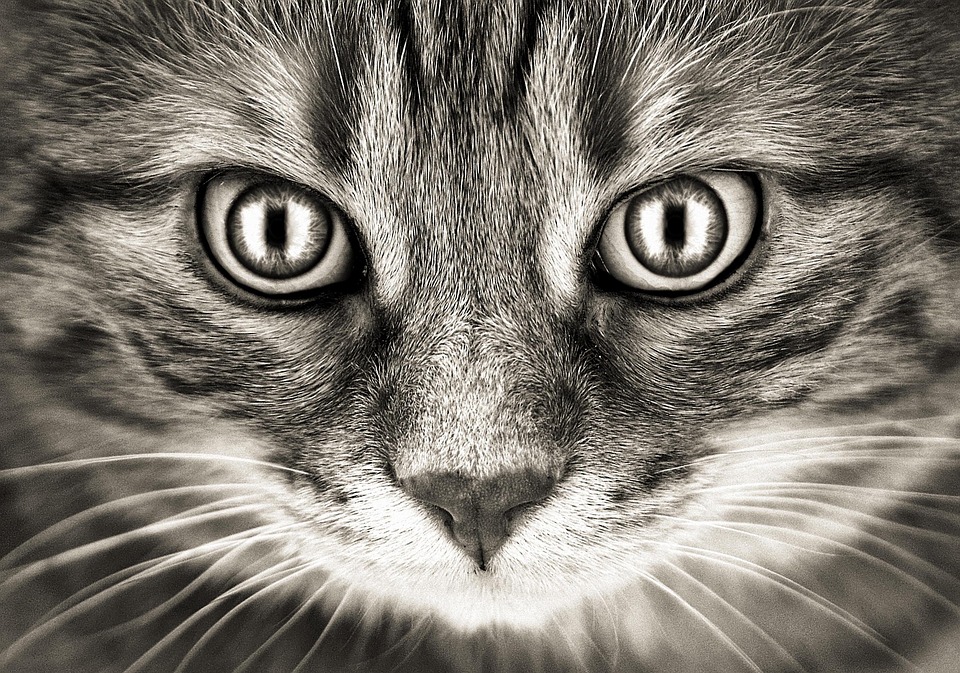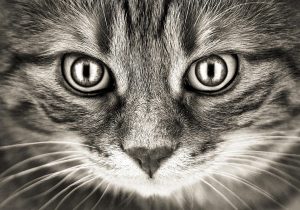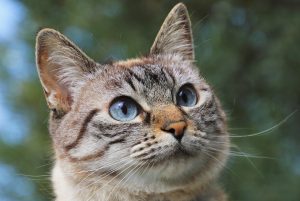
Cats are beloved family members, and their health and well-being are of utmost importance to their owners. One of the most concerning issues cat owners may face is unexpected weight loss in their feline friends. While some weight fluctuation is normal, noticeable weight loss can often be a sign of underlying health issues that need to be addressed promptly. In this article, we’ll explore the potential causes of weight loss in cats, when it should be a cause for concern, and actionable steps to ensure your cat remains healthy and happy.
Understanding Normal Weight Fluctuations
Just like humans, cats can experience minor weight changes throughout their lives. Factors such as age, activity level, and diet can all contribute to these fluctuations. For instance, kittens and young cats may gain weight as they grow, while older cats may lose muscle mass and appear leaner. Seasonal changes can also affect a cat’s weight, as some cats may eat more in colder months to maintain body heat.
When Is Weight Loss a Concern?
While minor weight changes are normal, significant or rapid weight loss should not be ignored. It is crucial to monitor your cat’s weight regularly and consult a veterinarian if you notice any of the following:
- Unexplained weight loss of more than 10% of their body weight.
- Loss of appetite or decreased interest in food.
- Changes in behavior, such as lethargy or depression.
- Vomiting, diarrhea, or other gastrointestinal issues.
- Visible signs of illness, such as coughing or sneezing.
Common Causes of Weight Loss in Cats
Weight loss in cats can result from a variety of factors, ranging from minor issues to serious health concerns. Understanding these potential causes can help you and your veterinarian determine the best course of action.
1. Dental Problems
Dental issues are a common cause of weight loss in cats. Painful conditions such as gingivitis, tooth decay, or oral infections can make eating uncomfortable, leading to decreased food intake. Regular dental check-ups and proper oral hygiene can help prevent these problems.
2. Parasites
Internal parasites, such as worms, can lead to weight loss by consuming the nutrients your cat needs. Regular deworming and fecal exams are essential preventive measures to keep your cat parasite-free.
3. Hyperthyroidism
Hyperthyroidism is a common endocrine disorder in older cats, characterized by an overproduction of thyroid hormones. This condition can lead to increased metabolism, causing weight loss despite a normal or increased appetite. Treatment options include medication, dietary changes, or surgery.
4. Diabetes
Diabetes is another endocrine disorder that can cause weight loss in cats. Symptoms include increased thirst, frequent urination, and a ravenous appetite. Managing diabetes requires veterinary care, including insulin therapy and dietary management.
5. Kidney Disease
Chronic kidney disease is common in older cats and can cause weight loss due to decreased appetite and muscle wasting. Early detection and management with a veterinarian can slow the progression of the disease.
6. Cancer
Unfortunately, cancer can also be a cause of weight loss in cats. Tumors can affect various organs, leading to decreased appetite and nutrient absorption. If cancer is suspected, a veterinarian will need to perform diagnostic tests to confirm the diagnosis.
7. Stress and Anxiety
Stress and anxiety can lead to changes in eating habits and weight loss in cats. Changes in the household, such as a new pet or family member, moving to a new home, or even changes in routine, can all contribute to stress in cats. Providing a stable and comforting environment can help alleviate stress-related weight loss.
Actionable Steps to Ensure Your Cat’s Health and Wellness
Regular Veterinary Check-Ups
Scheduling regular veterinary visits is crucial for monitoring your cat’s overall health and catching any potential issues early. Your vet can provide guidance on maintaining a healthy weight and recommend appropriate diagnostic tests if weight loss is detected.
Maintain a Balanced Diet
Feeding your cat a balanced and nutritious diet is essential for maintaining a healthy weight. Consult your veterinarian to choose a high-quality commercial cat food that meets your cat’s specific needs. Avoid sudden changes in diet, as this can lead to digestive upset.
Monitor Your Cat’s Weight
Keep track of your cat’s weight by weighing them regularly at home. This can be done using a pet scale or by weighing yourself while holding your cat, then subtracting your weight from the total. Monitoring weight changes can help you catch potential health issues early.
Encourage Physical Activity
Ensure your cat gets plenty of exercise to maintain a healthy weight. Interactive toys, climbing trees, and regular playtime can keep your cat active and engaged. Encourage your cat to chase toys or use puzzle feeders to stimulate their mind and body.
Provide Dental Care
Regular dental care is essential for preventing oral health issues that can lead to weight loss. Brush your cat’s teeth regularly using a pet-safe toothbrush and toothpaste, and schedule professional dental cleanings as recommended by your veterinarian.
Manage Stress and Anxiety
Create a calm and stable environment for your cat to reduce stress and anxiety. Provide hiding spots, scratching posts, and safe spaces where your cat can retreat if they feel overwhelmed. Consistency in routine and positive reinforcement can also help alleviate stress.
Address Parasite Control
Implement a regular parasite control program to protect your cat from internal and external parasites. Consult your veterinarian for the most effective treatments and preventive measures for your cat’s specific needs and environment.
Conclusion
Weight loss in cats can be a concerning issue, but with vigilance and proper care, it can often be managed effectively. Understanding the potential causes of weight loss and taking proactive steps to ensure your cat’s health and wellness can help prevent serious health issues. Always consult with your veterinarian if you notice any unexplained weight loss or changes in your cat’s behavior. Together, you can work towards ensuring your feline friend remains a healthy and happy member of your family.







